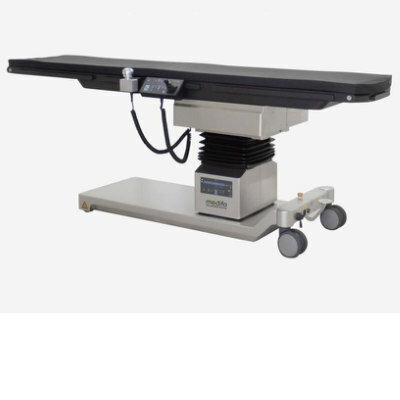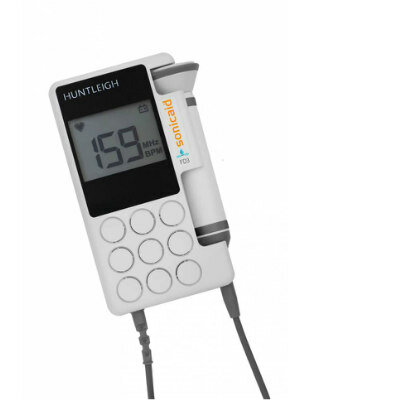Brain Imaging and Genetic Studies Tie Thinking Patterns to Addiction
By MedImaging staff writers
Posted on 21 Jan 2008
For the first time, scientists have identified brain sites that are activated more when individuals make impulsive decisions. In a study comparing brain activity of sober alcoholics and non-addicted people making financial decisions, the group of sober alcoholics showed significantly more "impulsive” neural activity.Posted on 21 Jan 2008
The researchers also discovered that a specific gene mutation increased activity in these brain regions when people made impulsive choices. The mutation was already known to decrease brain levels of the neurotransmitter dopamine. The newly found link involving the gene, impulsive behavior, and brain activity suggests that raising dopamine levels may be an effective treatment for addiction, according to the scientists.
The lead scientist of the study is Charlotte Boettiger, Ph.D., assistant professor of psychology at the University of North Carolina at Chapel Hill (USA). Dr. Boettiger led the research as a scientist at the University of California, San Francisco's (UCSF; USA) Ernest Gallo Clinic and Research Center. Senior author is Howard Fields, M.D., Ph.D., a UCSF professor of neurology and an investigator in the Gallo Center.
The scientists used functional magnetic resonance imaging (fMRI) to image brain activity while subjects were faced with a hypothetic scenario: choose less money now, or more money later. Dr. Boettiger recruited 24 subjects: 19 provided fMRI data, nine were recovering alcoholics in abstinence, and 10 had no history of substance abuse; another five were included in the genotyping analysis.
At the fMRI research facility at the University of California, Berkeley, financial decision tasks measured rational thinking and impulsivity. Sober alcoholics chose the "now” reward almost three times more frequently than the control group, reflecting more impulsive behavior. While decisions were being made, the imaging detected activity in the posterior parietal cortex, the dorsal prefrontal cortex, the anterior temporal lobe, and the orbital frontal cortex. People who sustain damage to the orbital frontal cortex typically suffer impaired judgment, manage money poorly, and act impulsively, the scientists noted.
The study revealed reduced activity in the orbital frontal cortex in the brains of participants, who preferred "now” over "later” and most of whom had a history of alcoholism. The orbital frontal cortex activity may be a neural equivalent of long-term consequences, according to Dr. Fields.
The dorsal prefrontal cortex and the parietal cortex frequently form cooperative circuits, and this study found that high activity in both is associated with a bias toward choosing immediate rewards. The frontal and parietal cortexes are also involved in working memory-- being able to hold data in mind over a short delay. The parietal cortex and the dorsal prefrontal cortex were much more active in people unwilling to wait. This could mean, according to Dr. Boettiger, that the area is working less efficiently in those individuals.
The investigators also focused on a variant of a gene called COMT. The mutation is associated with lower dopamine levels, and the study showed that people with two copies of this allele (resulting in the lowest dopamine levels) had significantly higher frontal and parietal activity and chose "now” over "later” significantly more often. The bigger picture, Dr. Boettiger added, is that her study provides more evidence that addiction is a disease, something even some of her peers do not yet believe.
The research was published in the December 26, 2007 issue of the Journal of Neuroscience.
Related Links:
University of North Carolina at Chapel Hill
University of California, San Francisco














